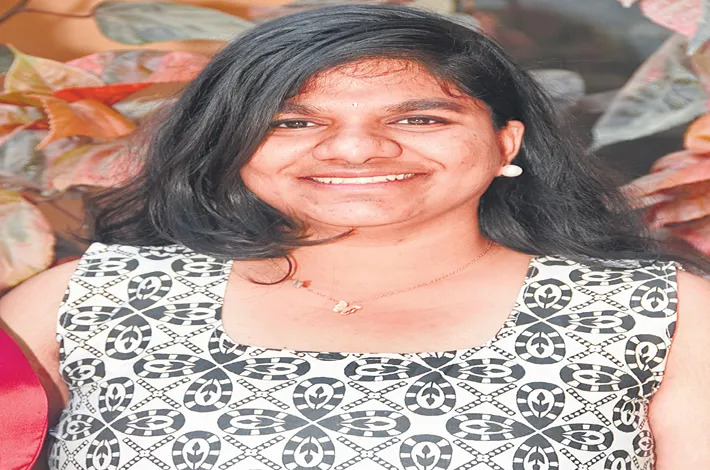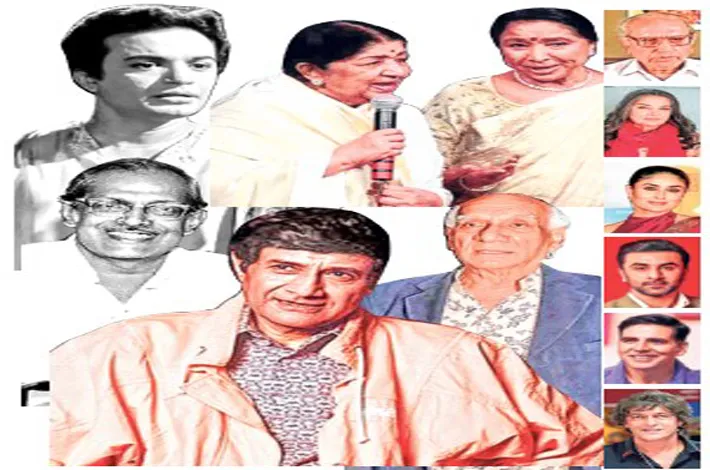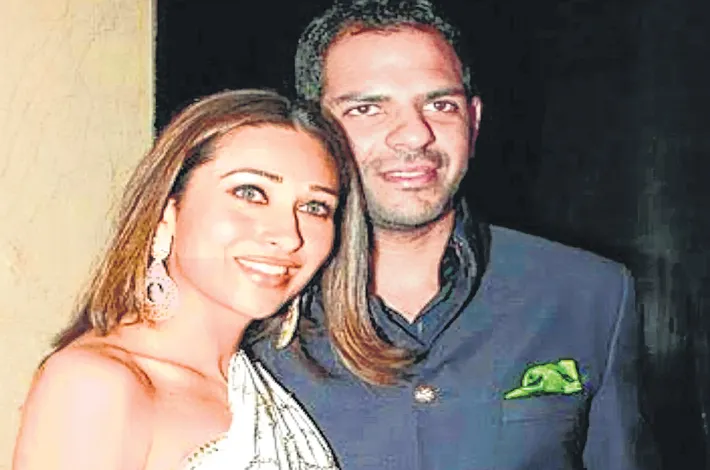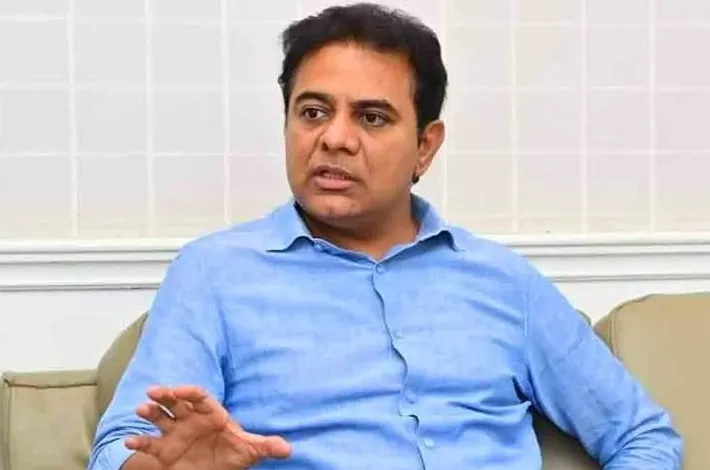Homeopathy - A Timeless Science of Healing
02-05-2025 12:00:00 AM

Dr. Samuel Hahnemann, the founder of homeopathy, made significant contributions to medicine by coining the term ‘allopathy’ to describe conventional medicine. Despite facing criticism from allopathic practitioners, his impact on both systems of medicine remains undeniable. Homeopathy, meaning ‘like suffering,’ follows the principle of ‘like cures like,’ where remedies are chosen based on their ability to produce symptoms similar to those being treated.
With over 200 years of development, homeopathy has become the world's second-largest system of medicine, valued for its safe, holistic approach. Rooted in the law of similars, it provides not only cures for diseases but also effective palliation when cure is not possible.
Homeopathy’s four foundational principles, as outlined in Hahnemann’s Organon of Medicine, are: Remedies are tested on healthy people to understand their effects. Remedies are selected based on their ability to cause similar symptoms in healthy individuals. One remedy is used to address the individual’s unique needs. Only the smallest dose needed is administered to avoid side effects.
Homeopathy also focuses on the importance of disease suppression, which can cause chronic issues if not addressed. The system can be compared to a bird: the Organon (Wings) provides foundational principles, Materia Medica (Body) offers remedies, and Repertory (Tail) helps in selecting the correct treatment. This balance supports the holistic healing approach.
Beyond human health, homeopathy plays a role in veterinary medicine and agriculture, promoting animal welfare and sustainable practices. Its natural, non-toxic remedies support eco-friendly agriculture, improving harmony between humans, animals, and nature.
Globally recognized, homeopathy has been embraced in countries like Germany, France, India, and the U.S. It excels in managing chronic and functional diseases, often halting disease progression when applied early. By restoring balance to the body’s vital force, it enables natural healing and prevents irreversible damage.
India's homeopathy sector is thriving, with over 345,000 registered practitioners, 277 hospitals, and over 8,500 dispensaries. The country also hosts numerous colleges, research centers, and pharmaceutical industries dedicated to homeopathy.
In 2020, the National Commission for Homoeopathy Act modernized education and research in the field. Regulatory bodies like the Central Council for Research in Homeopathy (CCRH) and the Pharmacopoeia Commission for Indian Medicine & Homoeopathy (PCIM&H) ensure high-quality medicines and ethical practices, supporting homeopathy's growth. In summary, homeopathy continues to be a vital, scientifically grounded, and globally respected form of medicine, offering holistic healing and advancing medical practices worldwide.
— Dyapa Varasa BHMS Final Year, HAMSA Homeopathy Medical College, Hospital & Research Centre








